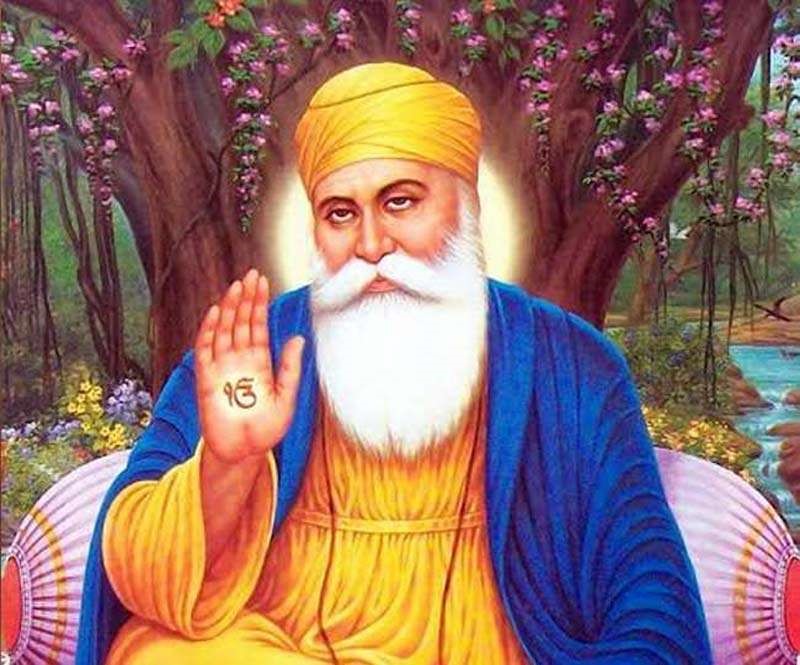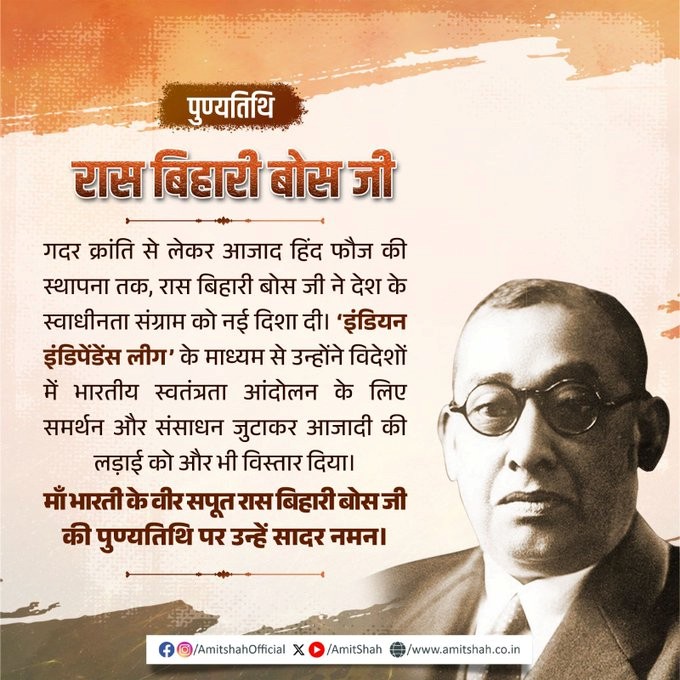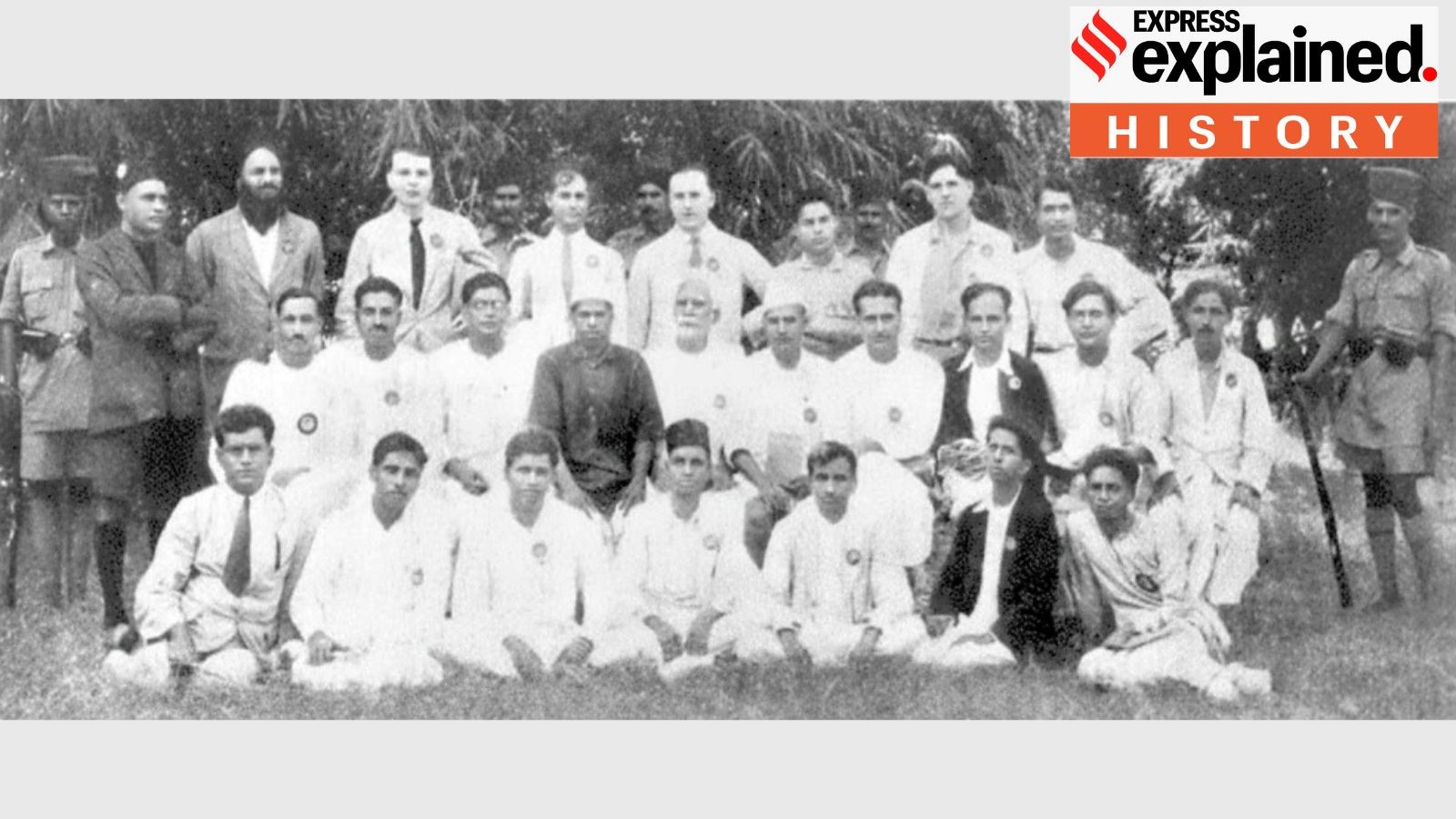Description

Disclaimer: Copyright infringement not intended.
Context
- This year, it is the 554th birth anniversary of Guru Nanak Dev Ji.
- He was born on the fifteenth lunar day in the month of Kartik, per the Hindu calendar.
- It usually falls in October and November, as per the Gregorian calendar.
Details
- Guru Nanak Dev Ji, the founder of Sikhism, was a spiritual leader, social reformer, and philosopher born on April 15, 1469, in Talwandi (now known as Nankana Sahib) in the Punjab region, which is present-day Pakistan.
- His teachings and life laid the foundation for Sikhism, a monotheistic religion based on the principles of equality, social justice, and devotion to God.
Early Life and Spiritual Awakening
- Birth and Childhood: Guru Nanak was born into a Hindu family. He showed a keen interest in spirituality from an early age and was known for his contemplative nature.
- Divine Calling: At the age of 30, Nanak had a transformative spiritual experience where he disappeared into the river for three days and re-emerged with a message of oneness of God and the universal brotherhood of humanity.
.jpg)
Teachings and Philosophy
- Oneness of God: Guru Nanak preached the concept of "Ik Onkar" (There is only One God) and emphasized the belief in a single, formless divine entity that transcends all religious divisions.
- Equality and Social Justice: He vehemently opposed social discrimination based on caste, creed, or gender, promoting equality for all. He rejected rituals, superstitions, and external religious practices that divided people.
- Three Pillars of Sikhism: Guru Nanak laid down three fundamental principles: "Naam Japna" (Meditating on God's name), "Kirat Karni" (Earning an honest living), and "Vand Chakna" (Sharing with others).
Travels and Teachings
- Udasis: Guru Nanak undertook extensive travels known as "Udasis" across different regions, covering areas in India, Tibet, Arabia, and other parts of Asia. During these travels, he spread his message of peace, love, and unity.
- Meeting with Religious Leaders: Nanak engaged in dialogues with various religious leaders, fostering interfaith harmony and understanding.
Legacy and Contributions
- Writing and Composition: He composed hymns, known as "shabads" or "Gurbani," which form the basis of the Guru Granth Sahib, the holy scripture of Sikhism.
- Community Building: Guru Nanak established the community kitchen or "langar" system within Sikhism, promoting the concept of communal meals where people from all backgrounds sit together and share food as equals.
- Institution of Guruship: He was the first of the ten Sikh Gurus, passing on his spiritual authority to Guru Angad Dev Ji, initiating a lineage of spiritual leadership in Sikhism.
Commemoration and Celebrations
- Gurpurab: Sikhs celebrate Guru Nanak's birth anniversary, known as Gurpurab, with great enthusiasm and devotion. It is a time for prayers, hymn singing, and community service.
- Historical Sites: Various historical sites associated with Guru Nanak's life, including his birthplace at Nankana Sahib, Gurdwara Panja Sahib, and Gurdwara Kartarpur Sahib, hold significant importance for Sikhs.

Conclusion
Guru Nanak Dev Ji's life and teachings continue to inspire millions worldwide, emphasizing the values of humility, service, equality, and devotion to God. His message of universal love and unity remains a guiding light for Sikhs and people of diverse backgrounds seeking spiritual wisdom and harmony.
MUST READ ARTICLES:
https://www.iasgyan.in/daily-current-affairs/guru-nanak-jayanti-2022
|
PRACTICE QUESTION
Q. Who was the founder of Sikhism and preached the concept of "Ik Onkar," emphasizing the belief in a single, formless divine entity that transcends all religious divisions?
Options:
A) Guru Gobind Singh
B) Guru Nanak Dev
C) Guru Angad Dev
D) Guru Har Rai
Correct Answer:
B)
|










